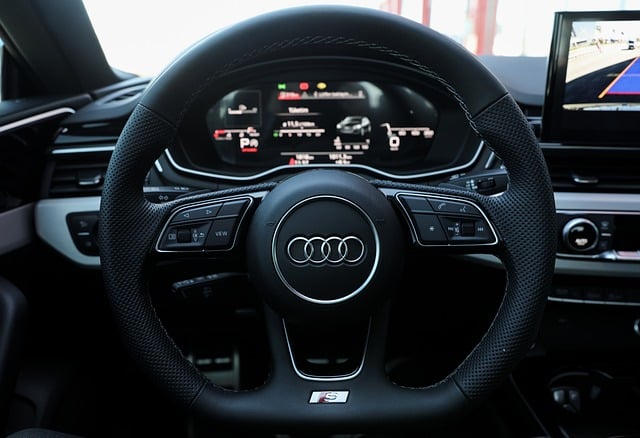Are you a UK driver who’s financed your car through a Personal Contract Plan (PCP)? You could be due a refund on your initial deposit if you’ve paid it in full and returned the vehicle early. This comprehensive guide to PCP claims will help you understand your rights, navigate the process of checking for refunds, and maximise the amount you recover. By following our step-by-step process and expert tips, you can ensure you get the best possible PCP claim.
- Understanding PCP Claims: A Comprehensive Guide for UK Drivers
- How to Check if You're Due a Refund on Your Car Finance: Step-by-Step Process
- Maximising Your PCP Claim: Tips and Tricks for Getting the Best Refund
Understanding PCP Claims: A Comprehensive Guide for UK Drivers

PCP (Personal Contract Purchase) claims are a common occurrence for UK drivers, offering a flexible financing option that can sometimes lead to disputes over refunds. Understanding PCP claims is crucial for anyone considering this type of car finance or looking to navigate a potential refund scenario. In the UK, PCP claims allow drivers to purchase a vehicle with a fixed monthly payment, including maintenance and insurance. At the end of the agreement period, there are options to either return the car, upgrade to a new model, or extend the lease.
When it comes to refunds, several factors determine the outcome. These include mileage restrictions, vehicle condition, and outstanding payments. Drivers who wish to make a PCP claim for a refund should carefully review their contract terms and conditions. A comprehensive guide on PCP claims would advise drivers to document all maintenance records and ensure they meet the agreed-upon criteria for a smooth refund process.
How to Check if You're Due a Refund on Your Car Finance: Step-by-Step Process

Checking if you’re due a refund on your car finance is a straightforward process that involves several key steps. First, review your contract and ensure you understand the terms related to refunds or early termination fees. Many car finance agreements include specific clauses outlining when and how you can claim a refund on your PCP (Personal Contract Purchase) plan.
Next, gather all relevant documents, including your contract, payment records, and any correspondence with your lender. These will be crucial for verifying your eligibility and calculating the precise amount of your refund. Once you have these prepared, contact your lender or check their website for information on how to initiate a PCP claim. They should provide guidance on the next steps, which may include completing an application form or providing additional proof of your claims.
Maximising Your PCP Claim: Tips and Tricks for Getting the Best Refund

Maximising your PCP (Personal Contract Purchase) claim is a strategic process that can result in a significant refund. The key lies in understanding the terms and conditions of your contract, as well as being aware of your rights. Start by thoroughly reviewing your agreement to identify any hidden fees or charges that could impact your refund amount. Keep detailed records of all maintenance and repair costs, as these expenses can often be claimed back.
Additionally, stay informed about industry regulations regarding PCP claims in the UK. Many consumers are unaware of their entitlements, so educating yourself on this matter is a powerful step. Regularly check with the manufacturer or dealer for any updates or promotions related to refunds, as they may offer incentives that can further enhance your claim. Early preparation and knowledge will empower you to navigate the process effectively and secure the best possible refund for your PCP claim.
Whether you’re looking to understand PCP claims or want to know how to check if you’re due a refund on your car finance, this guide has equipped you with the knowledge and tools needed. By following our step-by-step process and maximising your PCP claim, you can ensure you receive the best possible refund for your vehicle. Stay informed about PCP claims in the UK and take control of your financial future on the road.
